For the next few weeks, Dot Esports is profiling women working behind-the-scenes in esports. Each woman is an expert in her field, whether it’s navigating an emerging sector of the law, building out branding for their organization, or putting together some of the biggest esports events of the year. We’ll post a new profile each day, covering the women’s unique experiences in the esports industry.
Tricia Sugita wants to help people.
Sitting in a bustling udon restaurant on a rainy Wednesday in Los Angeles, with the smells of tempura hanging in the air, Sugita wields her chopsticks like she’s ready to take on the world (or maybe, just for now, the bowl of noodles in front of her). There’s an earnestness in her large brown eyes as she tells the story of her journey in esports, through to her current job working as the Chief Operating Officer for FlyQuest, which has been in League of Legends for two years and is one of the franchised teams in the LCS.
The industry hasn’t always been easy on Sugita. But, she says, quoting the popular phrase, “Everything happens for a reason.”
Sugita’s love for gaming was fostered by her two older brothers—and her competitive streak. After her father passed away from cancer, she used StarCraft 2 as an outlet. Being able to communicate with people over Battle.net and losing herself in the game helped. She got really, really good—as in, Top Eight Masters (before Grand Masters was released) rank good. It was at her first BlizzCon in 2011 that her interest in esports really started to present itself.
She became a streamer, a host, a caster, an interviewer, a pro player—across many different titles including StarCraft, Dota 2, and League—before moving behind-the-scenes to the business side of the industry.
Now, she’s using her eight years of experience in the industry to build out a new esports organization with the core values she holds dear.
“I am a strong believer that anyone can contribute to humanity,” Sugita said. “Giving a smile, creating an entertaining video, making friends through gaming, are all different ways to help humanity.”
This interview has been edited for length and clarity. Sugita answered many of these questions via email.
What does your job entail?
Sugita: I have my hands in all functions of the company, whether it be sales, marketing, community, content, finance, you name it. My main responsibility is to ensure that with anything FlyQuest does, we are aligned with our vision: To showcase greatness. We want to showcase greatness in many different facets, including our own staff, so I ensure that they have the proper tools, processes, and controls in order to efficiently and effectively carry out their plans.
What makes your job important?
When you have many departments working in tandem, there are a lot of moving parts and priorities to maintain. A social post doesn’t just involve the social media team. It affects partnerships, it affects the overarching marketing department, and it affects the community. My job is to ensure that everybody here at FlyQuest is aligned in every action we take, to lay out what’s best for us as a whole. Gamers know that teamwork makes the dream work.
Making sure that everyone at FlyQuest is aligned requires finesse. My strategy in doing so can be summed up by three key points: Unified leadership and leading by example, company vision and execution, and staff empowerment and forming strong company culture.
What does that look like?
Leadership starts at the top. In order for a company to be successful, the leadership must have great chemistry. Ryan Edens [FlyQuest’s CEO] and I trust each other and recognize each other’s strengths and weaknesses. More importantly, we always ensure that we’re aligned at the end of the day. While we challenge each other’s methods, once we make a decision, we get on the same page to work as a team. This allows our partnership to provide FlyQuest consistent direction from leadership and company alignment.
I believe in leading by example and holding everyone accountable to the same standards, regardless of title. When I make a mistake, I will own it and address the affected parties. For example, if I’m even one minute late to a meeting, I will apologize for my lack of consideration. If I’m working out-of-office to tour facilities or take meetings, I notify our staff through our out-of-office procedure. If leadership wants its people to be accountable, effectively communicate, and follow process, then leadership must first do the same. Additionally, my leadership style is to empower our staff. I recognize that our staff are experts in their respective fields and appreciate that I can learn from them.
A company vision provides a clear goal for the business at all times. In April 2018, Ryan and I created our company vision: To be a platform that helps humanity. Thinking vision first, we’ve built our brand and believe “Showcase Greatness” embodies it perfectly. FlyQuest wants to showcase greatness in many different groups: Women, our players and staff, collegiate, storytellers, and more. I am responsible for executing our vision in every facet of the business and asking the question, “How does this showcase greatness?” Our vision must be consistent for it to be successful. This means every live event, video series, social post, etc. that FlyQuest creates must tie back to the vision.
A fundamental pillar of the vision is empowering our staff. Everything starts with our staff. This leads me to an important and intricate part of my job, which is hiring the right people. It’s critical to get the right people in the right positions, which requires a detailed analysis of everyone’s strengths and weaknesses.
Having the right people organically cultivates a healthy, awesome culture. If we want to build a culture that is safe but high-performing, and motivating but challenging, we always have to be thinking of how we’re showcasing greatness internally. That’s why we offer online learning courses to our staff, as we believe that they should be able to pursue empowering themselves freely. We are also adding other initiatives in 2019 that support our staff pillar. By empowering our staff, we will be able to produce the best results and create an awesome product. If we nurture our staff, they will do their best for our fans.
What does your day-to-day look like?
I would describe my day as overseeing the daily operations of our company. However, every day is different as FlyQuest’s needs constantly evolve. For example, my previous focus was our company vision, culture, establishing policies that support them, and brand strategy. My current focus is on expanding our headquarters to a centralized facility for our staff and players, developing and executing our 2019 marketing plan, and hiring for key positions.
An ongoing project is streamlining existing processes and creating new templates and processes that allow for growth. My background in selling and implementing Customer Relationship Management software and selling Enterprise Resource Planning software taught me the importance of business processes and scalability—processes need to be updated over time. For example, the processes and templates I created at the start of this year look different from the ones we use today. We believe in empowering our staff and giving them the tools for success. It’s my responsibility to think of the systems, processes, and remove roadblocks so they can focus 100 percent on their job. I am able to tell our staff to “focus on their own game.” I say this a lot, especially when playing League. As you shouldn’t be worried about how your top laner is doing as an ADC, you should also trust everyone to do their jobs. If you’re worried about another department, or a colleague, then you’re not focused on your own job. It’s my job to make sure we’re aligned and working together as a unit.
I’m keen on providing solutions to problems before they start and when problems arise. There are constants, such as weekly reporting, weekly one-on-ones, and monthly “Flight Plans” where I host company-wide meetings for our staff and players. Outside of that, I prioritize tasks according to our company vision and take over the important tasks that we haven’t hired for yet. Although my day-to-day is different, I always strive to lead by example and encourage maximum performance. I respectfully challenge everything we create to make sure that everything we’re doing resonates with the FlyQuest brand.
What was your career trajectory?
I started working when I was 16 years old, selling makeup in a kiosk at the local mall. I learned very early on that I enjoyed sales, both the triumphs and the challenges, due to my competitive nature. Throughout my youth, I worked in sales, selling makeup, kitchen knives, nutritional supplements, vitamins, etc. At first it wasn’t easy to hit my daily quota of cold calling 50-plus leads while getting rejected, especially when I was in college. However, one month I logged over $60,000 in sales, which was a big accomplishment for me. After being ignored and rejected by potential customers and failing many times, I was no longer afraid because I had tasted success. I accepted that I might fail sometimes but that’s okay.
From 2011 to the beginning of 2014, I worked as a software consultant selling business solutions software. Initially, all I wanted to do was sales, but I ended up enjoying implementing Customer Relationship Management tools and started to provide training—supporting and analyzing business requirements. I honed my ability to identify a company’s needs and pain points and deliver a solution based on the unique requirements for each business. I fell in love with the A-Z process of selling user licenses, implementation, and going on-site to host workshops for training. Before this point, I had only done sales and never managed accounts.
I want to give a little background information to illustrate my fascination with esports. I have three siblings who are 14, 12, and 10 years older than me. My sister moved away when I was young so I basically grew up with two older brothers. When I watched them play games on Nintendo, I wanted to join in—they would give me an unplugged controller so I would feel like I was participating. However, I wanted to beat them and after a few years I was able to do that. Long story short, I grew up in a very competitive environment and have been playing video games all my life.
In 2011, I went to my first BlizzCon because my friend had bought me tickets. While I grew up playing games like Age of Empires, Command & Conquer, and StarCraft, I wasn’t familiar with the amazing gaming community and its fandom. At BlizzCon, I became interested in streaming, so from then to 2014, I streamed on Twitch as “megumixbear.” One of the proudest moments of my career, as well as my life, was organizing my Ikebana Charity for Cancer & Scoliosis. Both cancer and scoliosis have impacted my life, so this meant a lot. The event raised slightly over $1,000 but more importantly, my friends, fans (lovingly dubbed my “Bearcubs”), and I were able to arrange over 200 Ikebana (flower) arrangements to distribute to patients at the Methodist Hospital of Southern California.
During this time period, I was also able to organize over 60 “Bear Cups,” or little community-driven tournaments for StarCraft 2 and League, as well as host and interview for events such as IGN ProLeague 3, 4, and 5, the North American StarLeague, Collegiate StarLeague, and SoCal Regionals.
In January 2014, I decided to pursue working in esports full time. Until this point, I had been juggling both my job as a software consultant and contracted esports work. I knew that if I didn’t try now, I’d regret it for the rest of my life. I found my first opportunity at Azubu, a streaming platform positioned to compete with Twitch. Although I was initially recruited as the Community Manager, Azubu decided my strengths in sales, partnerships, and strategy would be better used to lead the esports department. I became the Global Director of Esports at Azubu after just a couple of months working there. I led a global team comprising of 17 members from North America, South America, Europe, and Asia. I was responsible for the design and execution of the global strategy for acquiring and retaining partners including broadcasters, teams, publishers, leagues, tournament organizers, and sponsors. I traveled to major esports and gaming events to grow industry contacts and knowledge, broadcaster relationships, and partnerships. I was working 14- to 16-hour days, seven days a week. If partners in Korea messaged me at 4am my time, I was there to reply. My team worked very hard to reach the monthly viewership milestone set out for us by our investors to unlock additional funds. While we succeeded in doing so, our investors decided to cut funds. This was heartbreaking for so many reasons, but the worst part was not being able to keep our promises to our partners. We had to start letting go of staff due to financial issues, and late paychecks became a given. However, at the end of the day, I am very grateful for everything I learned during my time at Azubu. I worked with some truly amazing people and was given the opportunity to negotiate multi-million dollar contracts with broadcasting partners. I learned how to manage a $15 million dollar budget and how to be a leader during times of severe pressure.
In 2016, I resigned from Azubu and decided to take a break. Actually, more like I needed it. While working at Azubu, I got three coin-sized bald spots on top of my head. Reflecting now, I can laugh, but at the time, it was an indication of how stressed I was. As soon as I quit, my hair grew back instantly. During the eight-month break, I enjoyed life, helping my friends plan their weddings, traveling with my boyfriend, and really getting back into gaming. After a while, I thought about working with business solutions again, but my friend, Jon, reached out to me and said he received my resume from a recruiter.
Jon and I worked together when he was at Riot Games and I was at Azubu, and he was now working for Immortals. He told me to come interview for them, so I did. In February 2017, I became the head of partnerships at Immortals, and later, the Los Angeles Valiant. When I first joined, Immortals had a small staff consisting of six people. As with all startups, I wore many hats. I remember being told that anything that relates to partners fell under my responsibility. During my time, I helped procure partnerships such as OMEN by HP, LF Gaming, and AEG Worldwide. I’m extremely grateful to Immortals and LA Valiant because I was able to experience working in an esports team environment.
After leaving Immortals and the LA Valiant in January of 2018, I immediately started work as the COO of FlyQuest, and this is where I am, almost at my anniversary.
What advice do you have for people looking to get into a position similar to yours?
Have a clear goal. I always wanted to create something with the capacity to make others happy, something that could really make a difference and help people, empower them. With that goal in mind, I started to build out the skills necessary to make that vision come true. I worked in many different positions including sales, partnerships, business development, and created my own personal brand. Eventually, I caught the eyes of other people who had the same vision as I did. I am very grateful to be in the position I am in now and love my job.
Ever since I can remember, my older brothers have told me “You don’t ask, you don’t get.” It’s sort of my mantra now and my advice to everyone. I remember going to McDonald’s and wanting to order a Happy Meal or ice cream and french fries—I dip my fries in ice cream. I wasn’t even in elementary school yet, but my brothers told me that if I couldn’t order the food myself, I didn’t deserve it. I’m not afraid of rejection. If you ask and don’t get, at least you tried. No regrets.
Lastly, focus on your own game. We’ve all been in games where we’re tilting. Don’t worry about how your teammates are doing or how you compare. You cannot change others or what they say to you. You can only control what you can do, so give it your best. Sometimes that’s very difficult to do, so I always reflect on my spiritual mentor, Mokichi Okada’s quote, “Gratitude gives birth to gratitude and ingratitude creates more ingratitude.”
How do you feel the landscape is for women in esports now?
I’m happy to see a lot more women than before, and I hope this trend continues upwards. One of our goals at FlyQuest, and the one that speaks most to me, is to empower women. I hope that others will take note and follow, if they haven’t done so already. Once this discussion is no longer brought up, that’s when we will know that we succeeded.



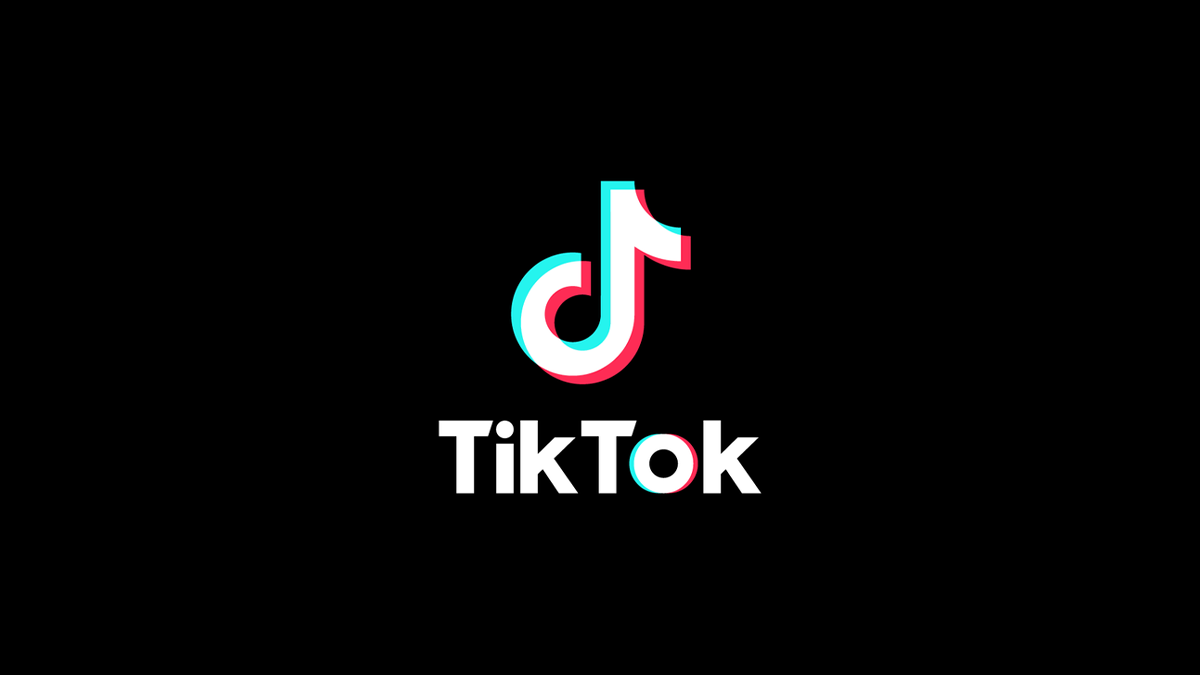

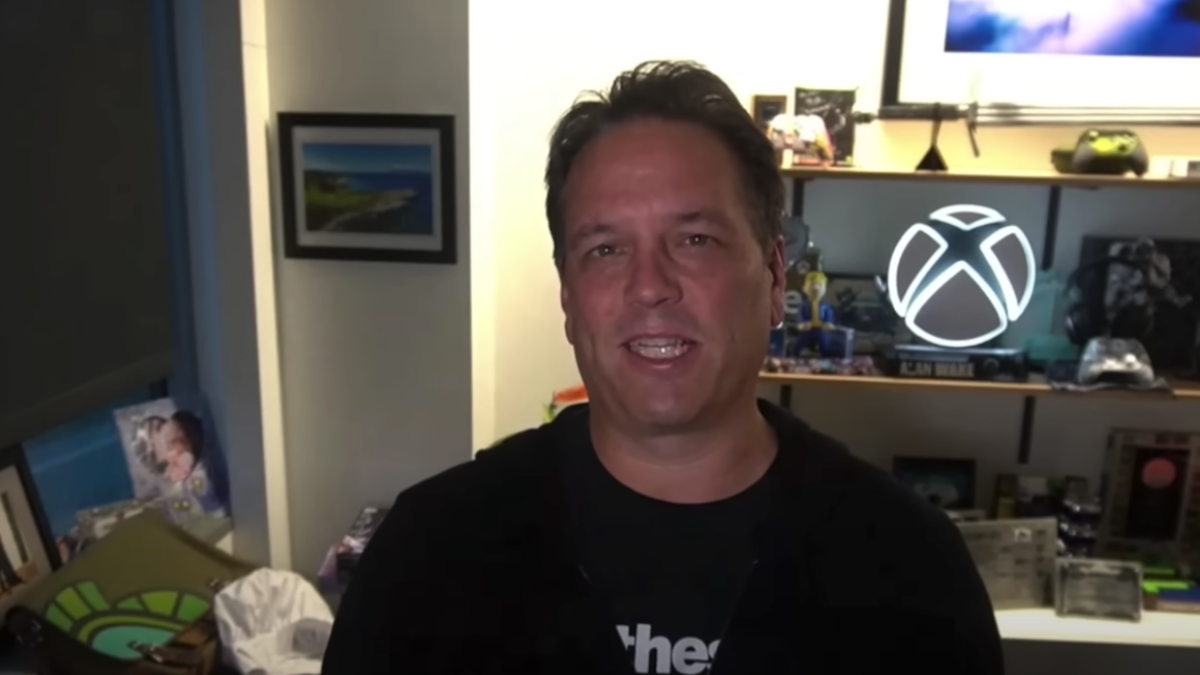
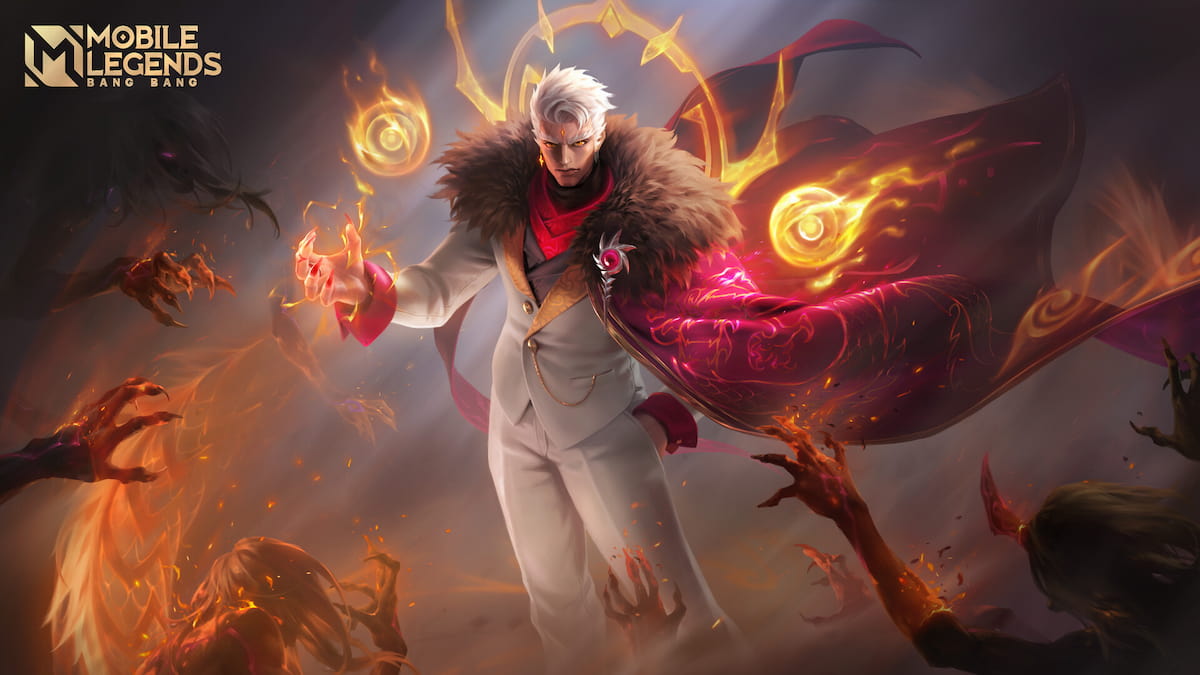
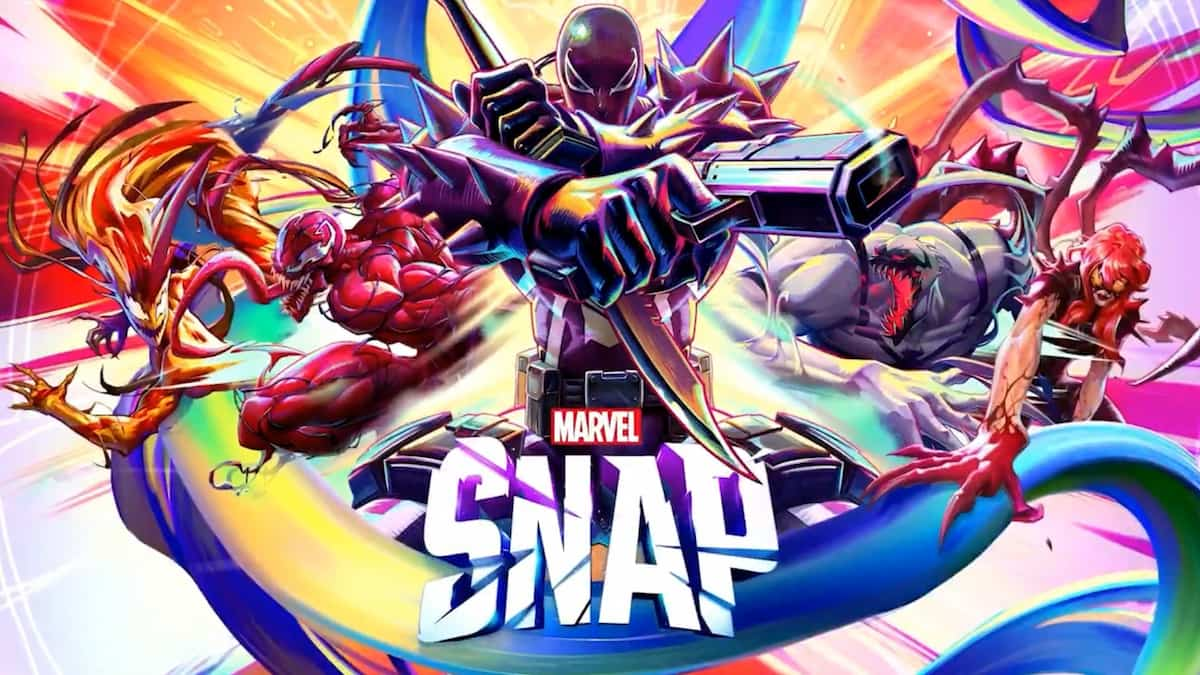
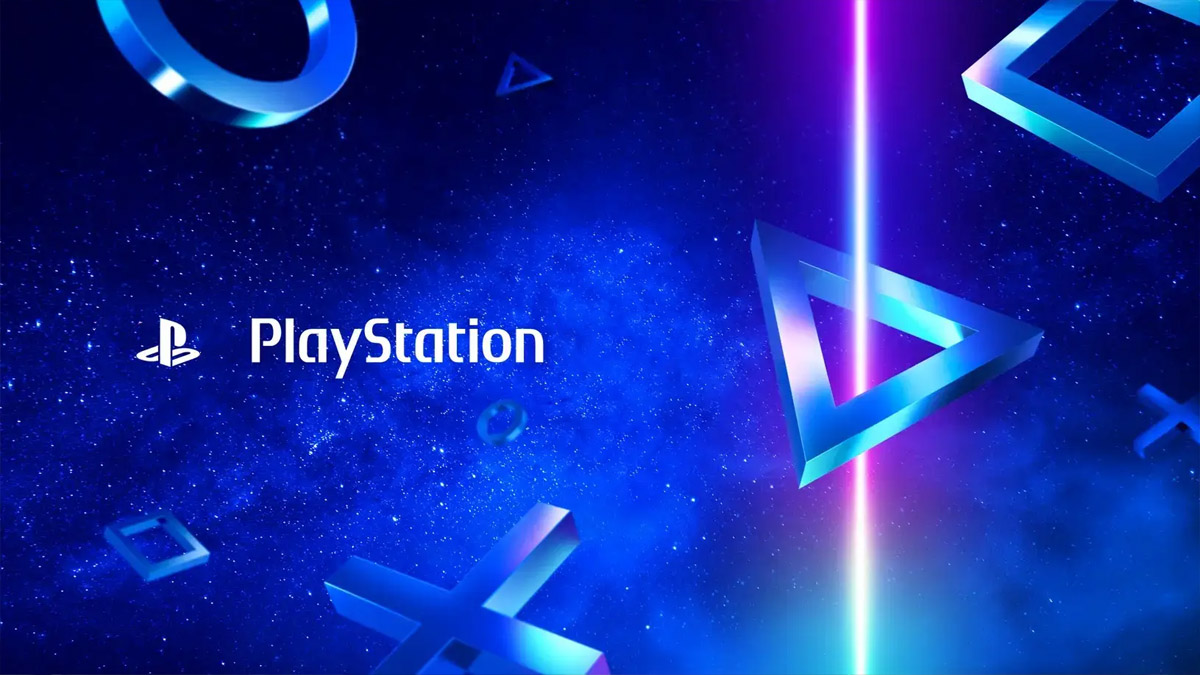

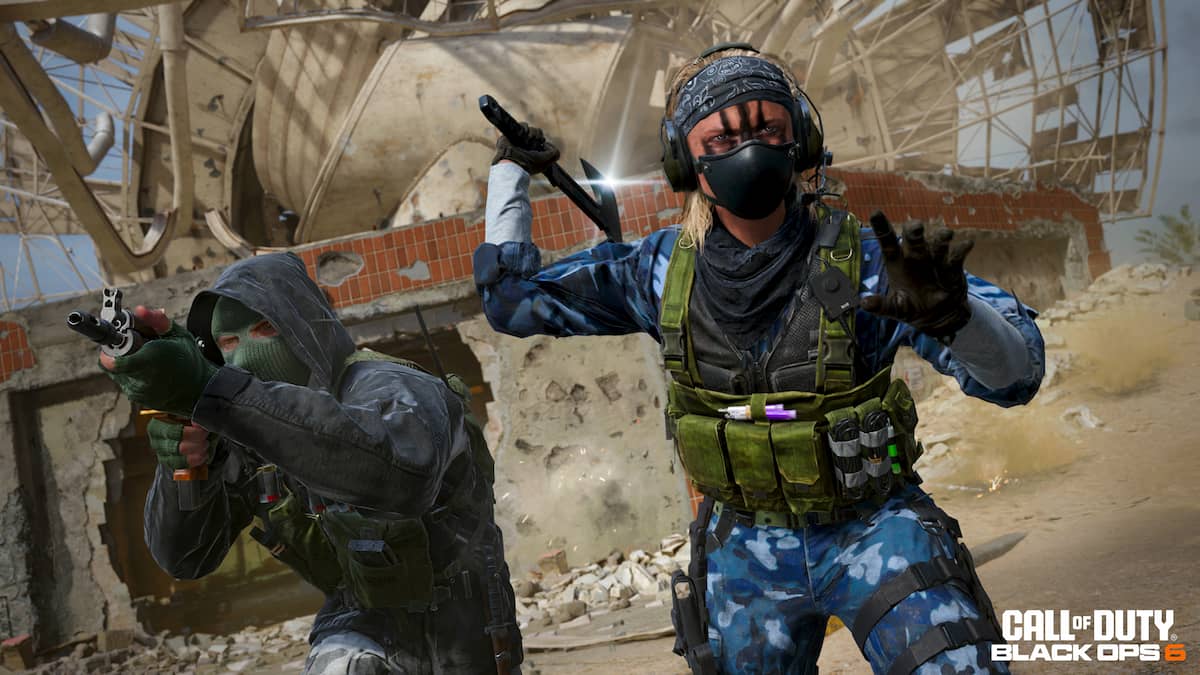
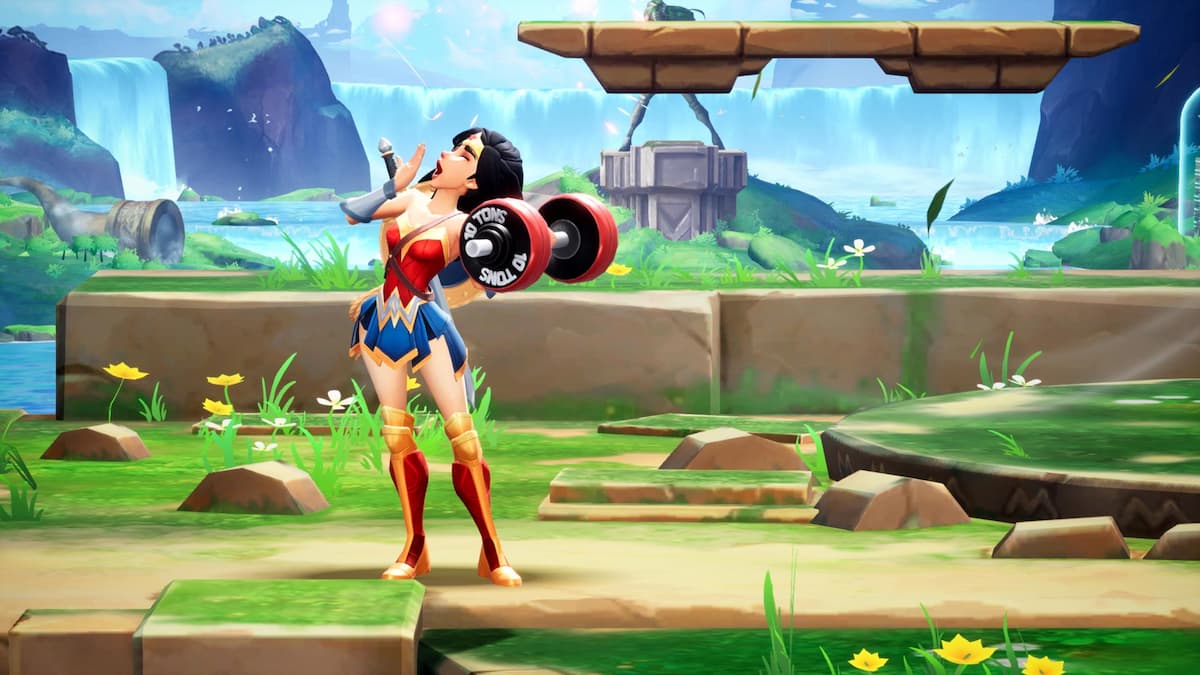
Published: Dec 30, 2018 02:00 pm